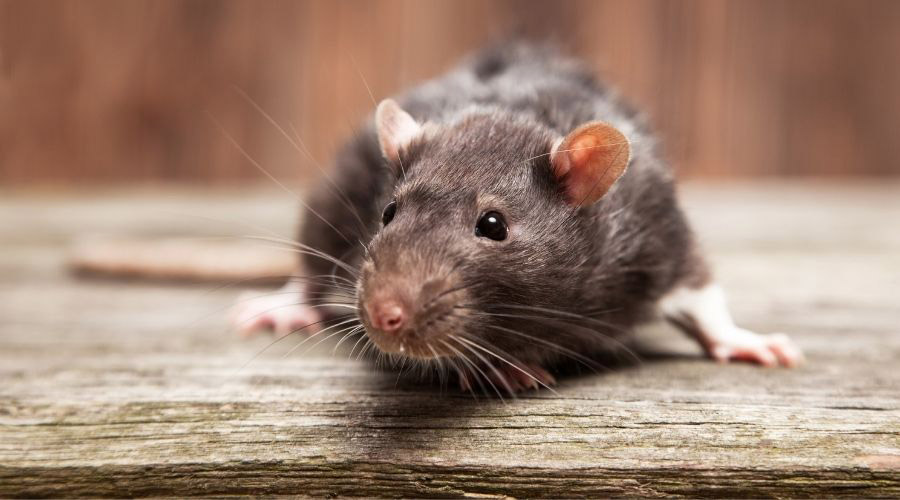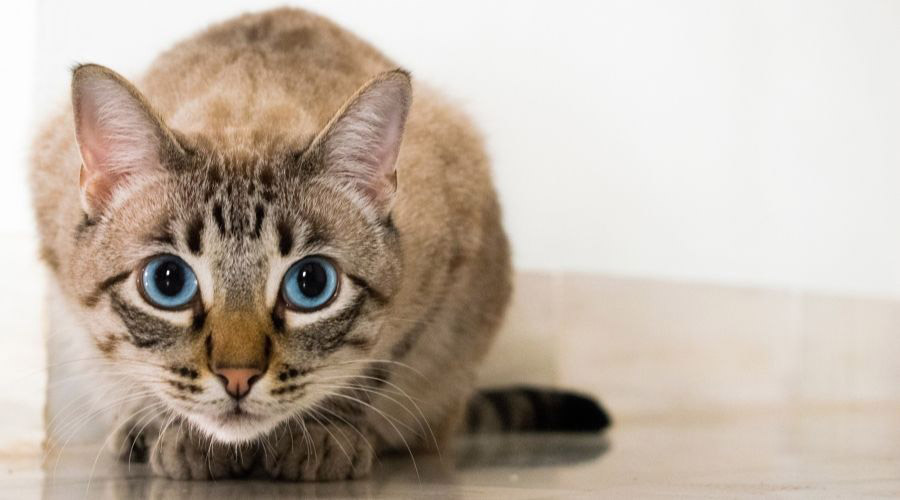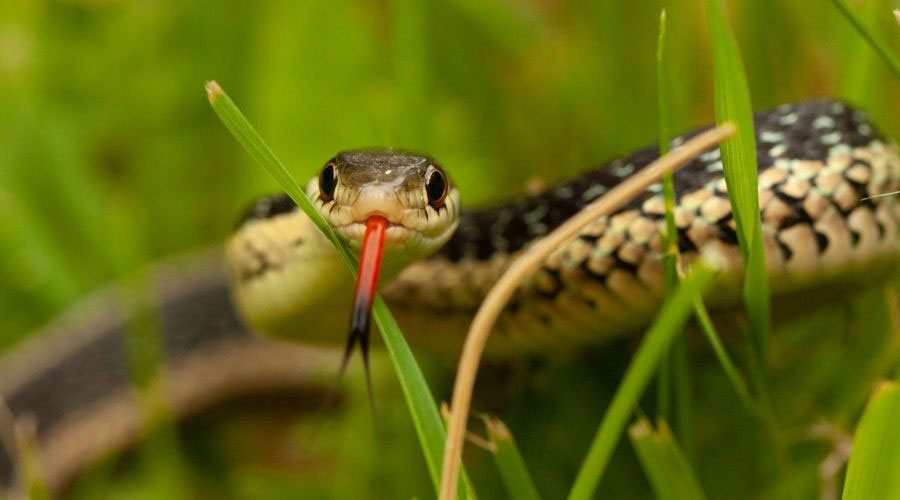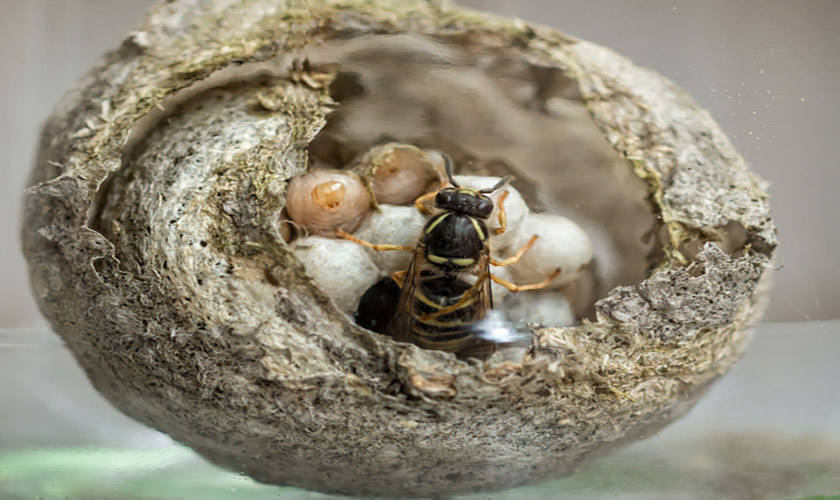
People always wonder whether using ultrasonic pest repellents might affect their pets, such as dogs or cats. The repellents are designed to emit high-pitch noises that repel pests and rodents. Even though there are several options you can select from in the industry. There is undoubtedly one to meet your needs. But, do these repellents hurt pets?
There is no question that most pets, including cats and dogs, can hear sounds that the human ear finds challenging to hear. It means that they can be affected by ultrasonic pest repellents. Generally, the repellents don’t affect dogs and cats drastically. However, they affect other domesticated animals such as hamsters and rabbits negatively.
Get FREE quotes from licensed pest control technicians in your area today. Whether you need spraying for ants, roaches, spiders, ticks, mosquitos, or bed bugs, We Can Help! All technicians are screened, licensed, and insured.
As a pet owner, you should be aware of ultrasonic pest repellents’ effects and negative impacts before deciding whether to use them. Your choice should depend on the type of pet you have in your home.
People have opted for electronics-related pest control for a long time, thinking they are non-toxic, safe, and friendly for children and pests. However, there isn’t enough evidence to back up these claims.
Unfortunately, most pet owners aren’t aware of any effects the repellents have on their pets. Here. We’ll explore the impact of ultrasonic repellents on different pets.
How Ultrasonic Repellents Function
The principle behind the working of ultrasonic pest repellents is that they create high-pitched ultrasounds that are meant to repel pests and rodents. These devices vary in the ranges of ultrasonic sound and the volumes that project those sounds.
Generally, ultrasound involves sounds of frequencies above 20 kHz. Unfortunately, humans aren’t able to hear such frequencies. However, several animals can listen to these sounds, most of which can even hear sounds up to 45 kHz.
Due to the high-frequency nature of these sounds, they will disturb pests and rodents and have no harm to humans and some pets. It’ll therefore force the pests out of your home.
However, the repelling aspect of these devices doesn’t rely on the frequency of the sound but on its volume. In most cases, the frequency of the repellents doesn’t affect common pets such as dogs and cats. However, the volume can be harmful.
Therefore, you must understand the effects of these repellents if you own any pets such as rabbits, dogs, hamsters, or cats. The knowledge will enable you to select the repellents and the best approach to apply them.

Why Most People Use Ultrasonic Repellents
Most people employ ultrasonic pest repellents for the reasons below:
- They believe ultrasonic repellents are efficient pest and rodent control measures to keep them away from homes.
- They believe the ultrasonic pest control approach is non-toxic and environmentally friendly compared to other repellent options such as chemical poisons and toxic sprays.
- They believe repellents are humane compared to traps and chemical poisons for rodents.
- People believe that using ultrasonic repellents is healthier, especially where children and pets are concerned.
The intentions are humane and responsible for those who prefer to use ultrasonic repellents to control pests. However, most people might be unaware of the negative impacts of these repellents on pets since they can’t detect their sound volume or frequency.
Humans cannot hear the sound at the frequency of these devices and thus won’t be aware of the volume of such sounds. For the ultrasonic repellents to function efficiently, the sound should be projected at a specific volume for the rodents with range to hear and be disturbed from getting closer. It’s, therefore, not the frequency but the volume of the repellents that affect your pets.
Do ultrasonic pest repellers bother dogs and cats? Let’s answer this question below:

How Repellents Affect Dogs
Most manufacturers of ultrasonic pest repellents claim that their products don’t have any harmful effects on dogs. It has an element of truth since high frequencies on their own don’t make dogs uncomfortable, although they can hear them. In addition, you use devices, including dog whistles, to communicate with and train dogs.
Since ultrasonic repellents aren’t associated with dogs’ communication or training with humans, canine pets tend to ignore the high-pitched sounds. It means that although they interact with ultrasonic sounds daily, they don’t react to them unless they are related to your training or communication methods.
Although the high frequencies of repellents can’t affect dogs, the volume of the devices can affect them. People who use ultrasonic repellents have reported that dogs experience three reactions when they expose to the products:
- They acquire an anxious behavior that forces them to move from the sound source
- They show curiosity regarding the ultrasonic repellents, which you can notice through sniffing and head tilting
- They portray indifference to the device or sound
The reactions don’t show any severe discomfort or harm on the part of dogs. However, the repellents have a high potential to cause irritation and stress.
Therefore, dog owners must contact a veterinarian before employing such repellents. They should also observe their dogs for possible signs of distress.
Dogs use body language to display their level of comfort. Signs of discomfort include:
- Barking or whining
- Running and turning in the opposite direction
- Tail tucking
- Backing away
If you want to be safer, never use ultrasonic repellents in rooms where dogs spend most time sleeping or eating. However, if you usually use repellents and notice that dogs are showing signs of discomfort, eliminate the use of the devices immediately.

How Repellents Affect Cats
Most repellents developers still claim that in the same way they don’t affect dogs, they also don’t involve cats.
Cats are known to hear more sounds having a higher pitch than dogs. Cats can listen to the frequency range from 55 to about 80 kHz. Unlike dogs, cats don’t use ultrasonic hearing to communicate with humans.
However, they employ hearing capabilities for hunting purposes since there are rodents that make ultrasonic calls.
You should note that cats are sensitive to home changes, which can lead to distress. In addition, they’re against loud noises, which can lead to them feeling irritation and anxiety.
Therefore, the availability of high-pitched frequency repellents might not affect cats by themselves, but the persistent and sudden volume of noises may affect cats negatively.
Naturally, it’s tough to determine the extent of repellents’ impact on cats and dogs. Like dogs, cats also use body language for communication. Their reactions are, however, less clear and overt and include:
- Hiding
- Diarrhea
- Clinginess
- Incessant or inappropriate scratching
- Excessive grooming
- Decreased appetite
Some of these signs can also be indications of medical challenges. Therefore, before you assume that eliminating the ultrasonic repellent might solve the challenges, you should first consult a veterinarian for medical attention.
How Repellents Affect Rabbits
Ultrasonic repellents harm rabbits, especially those that you keep in homes as pets. Rabbits are on high alert and naturally cautious even when domesticated. They have highly stimulated senses making them more exposed to alarm and fear than other animals. It means that they’re more likely to experience stress.
Signs of stress include:
- Lethargy
- Restlessness
- Difficult or aggressive behavior
- Jumpiness and excessive nervousness
- Losing interest in food
- Fearful or bulging eyes
- Screeching, grunting, or extreme agitation
- Panting or rapid breathing
- Laidback ears against their head
- Stomping or thumping the ground
- Repetitive behavior, including bobbing, biting, and circling
- Hair pulling, which translates into thinning coat or bald patches
Although rapids are naturally anxious, they can quickly get stressed from environmental changes. For instance, a rapid change can easily trigger a stress response. Therefore, you should be careful of their well-being if you have a pet.
Rabbits are dependent on the surroundings’ predictability and take comfort in routine. Therefore, any changes that you introduce should be made gradually.
Rabbits also possess sensitive hearing and are very alert to sounds around them. Therefore, any loud noise will automatically cause them stress. As far as ultrasonic repellents are concerned, their volume induces more anxiety than the frequency.
Some ultrasonic repellent manufacturers discourage users from using the products when they own rabbits. However, others stipulate that you can employ them, excluding rooms where rabbits live.
Therefore, because of the possible volume of ultrasonic repellents and unexpected environmental changes, you should discard using the products altogether.
Ultrasonic Effects on Other Animals
Although rabbits, dogs, and cats are the most common domesticated animals, some homesteads incorporate other pets. They include several species of fish, reptiles, amphibians, rodents, and birds. Such owners must be aware of the possible effects of ultrasonic repellents on the pets in their homes.

Do Ultrasonic Pest Repellers Affect Rodents
People keep several rodent family members as pets, including chinchillas, gerbils, guinea pigs, and hamsters. Most ultrasonic repellents are created to repel rodents and pests. Therefore, you should never employ them if you have rodent pets.
The repellents’ noise can be stressful or intolerable to rodent pets. Unfortunately, most manufacturers acknowledge these challenges and discourage consumers from applying them in their homes.
Do Ultrasonic Pest Repellers Affect Amphibian Pets
Even amphibian pets such as frogs can hear ultrasounds. However, limited research has been facilitated to establish whether ultrasonic repellents harm amphibians. Therefore, it would be best to reconsider using repellents if you own amphibian pets.

Do Ultrasonic Pest Repellers Affect Reptile Pets
So many families have settled on keeping reptile pets like lizards and snakes. Snakes are known to hear through vibrations and wouldn’t be affected by either frequencies or volume from repellents.
However, lizards are highly affected by ultrasonic repellents. Therefore, there are specific ultrasonic repellents that are marketed for freeing homes of geckos and lizards.
Therefore, if you keep snakes as pets, you can use ultrasonic repellents. However, you should avoid them by all means if you have other reptile pets.

Do Ultrasonic Pest Repellers Affect Birds
Most birds have hearing abilities similar to that of humans. They would, therefore, not hear sounds from repellents in their environments. Although humans and birds have similar hearing frequencies, birds have proven more sensitive to rhythms and sound to make them more detectable.
Most scientific studies and evidence show that ultrasonic repellents won’t impact birds negatively in homes. However, if you own birds, you should be keen to note any signs of stress in them. Such symptoms include aggressive behaviors and feather problems. Feel free to consult a professional veterinarian if possible.
Do Ultrasonic Pest Repellers Affect Fish Pets
Are you aware that fish rely on hearing for health and socialization? Any excessive noise or sound is therefore detrimental to them. Therefore, like other pets, fish are affected negatively by ultrasonic repellents, whether they are in a tank or aquarium.
No argument exposing your fish to ultrasonic repellents will harm their behavior and health. Scientists have equaled the experience to continuously exposing a dog to a whistle. It would help if you considered repellents’ effect on your fish pets.
All creatures are exposed to environmental stressors and can harm the involved species mentally or physically. Pets are, however, subjected to human-induced stressors, which they aren’t prepared for physiologically. An excellent example of a human-created stressor is an ultrasonic repellent.
Like humans, pets rely on hearing and smelling as the most important senses for responding and understanding their surroundings. Therefore, any environmental change or interruption that affects a pet’s hearing will likely cause reactions such as debilitating stress and mild irritation.
Claims from Repellent Manufacturers
Most repellent manufacturers claim that their products do not harm cats and dogs in the home. However, they also provide disclaimers that discourage consumers from purchasing and applying repellents to rodent pets such as gerbils and hamsters.
Unfortunately, most of the claims are from in-house and anecdotal studies, not independent research. Independent studies have, however, pointed out that ultrasonic repellents experience marginal effectiveness.
As a pet owner, you should not rely purely on the manufacturer’s claims but instead carry out an independent evaluation of the success of the products and their potential effects on pets. Simply because you can’t hear sounds from the repellents doesn’t mean pets are also not affected.
Conclusion
Since many people have become aware of the environmental challenges of toxins and chemicals, they have resorted to alternative options, including ultrasonic repellents. It is especially true when it comes to rodents. Ultrasonic repellents are considered humane and aren’t harmful to the environment.
Independent research, however, displays limited success with ultrasonic repellents compared to the advertisements for the products. Therefore, with such variations in pest control results and the possible effect on pets, it would make sense to consider other pest control options.
Pest control always comes with risks to non-targeted animals and pets, and you should be keen on their effects. As a responsible pet owner, consult a veterinarian concerning the safety of your pets and the best pest control option to minimize potential risks.
You should also closely monitor your pets for any behavioral changes. Stress from ultrasonic repellents is known to be very harmful to pets. We hope you keep your pets in good condition even as you control pests.
Get FREE quotes from licensed pest control technicians in your area today. Whether you need spraying for ants, roaches, spiders, ticks, mosquitos, or bed bugs, We Can Help! All technicians are screened, licensed, and insured.







